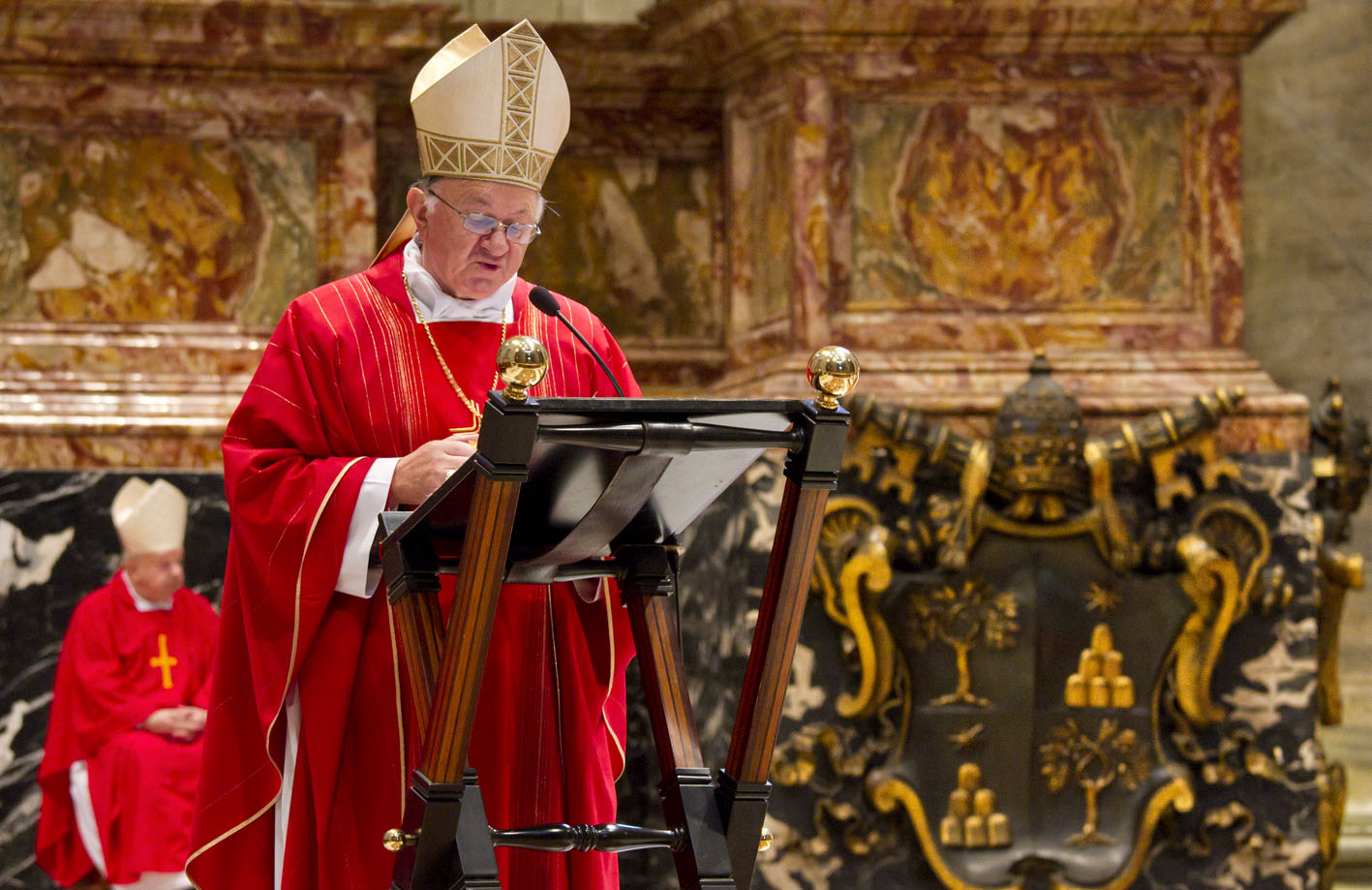

Message of Archbishop Zygmunt Zimowski President of the Pontifical Council for Health Care Workers for the Fifth World Autism Day
(2 April 2012)
An Appeal for Sensitivity and Supportive Solidarity Towards Autistic People and their Families
On the occasion of the Fifth World Autism Day, the Church intends to express her nearness to those who are burdened by the weight of this profound suffering. In large measure still to be explored, autistic spectrum disorders constitute, indeed, for those who are affected by them, a grave alteration of behaviour, of verbal and non-verbal communication, and of social integration, with a wide-ranging effect on the normal development and evolution of the personality.
In this pathological movement of self-envelopment and closure to the other and the external world, the Church sees as impelling the task of placing herself at the side of these people – children and young people in particular – and their families, if not to breakdown these barriers of silence then at least to share in solidarity and prayer in their journey of suffering. Indeed, this suffering, at times, also acquires features of frustration and resignation, not least because of the still scarce therapeutic results. These frustrations are to be seen, in particular, in families which, although they look after these children with loving care, experience repercussions as regards the quality of their own lives, and are often, in their turn, led to be closed up in an isolation that marginalises and wounds.
The Church and all people of good will thus feel committed to being ‘travelling companions’ with those who live this eloquent silence, which calls upon our sensitivity towards the suffering of others, following the emblematic example portrayed in the gospel parable of the Good Samaritan (cf. Lk 10:29-37). To bend down before the sufferings of others, in addition, becomes more incisive this year, given that this World Day is taking pace during Holy Week, which draws us near to the suffering, the death and the resurrection of the Lord Jesus Christ.
Being moved, together with prayer, is often in such a situation – as in the case of people with autistic disturbances – if not the only, then at least one of, the principal expressions of love and our solidarity. Here the words of the Blessed John Paul II have not lost their importance: ‘The Church, as my venerable Predecessor Paul VI liked to say, is “a love that seeks out”. How I would like you all to feel welcomed and embraced in her love!’ (Address on the Occasion of the Jubilee of the Disabled, December 2000, n. 3). The Church thus feels the commitment really to become increasingly the house of the Father where everyone can find the fullness of human and divine love.
The warmth of this embrace is evident in the devotion of so many families and communities, and of very many health-care workers, educators, professionals and volunteers, to whom goes all of our esteem and gratitude. However, this does not remove the fact that in addition to cultivating constantly, and expressing, this sensitivity of the heart and communion in prayer, the scientific world and health-care policies must also be encouraged to engage in and, where necessary, increase, diagnostic, therapeutic and rehabilitative pathways that can address a pathology which affects more people in numerical terms than could have been imagined only a few years ago. To encourage and sustain, in the supportive action of the world of schools, voluntary work and associations, these efforts is a duty, not least to discover and bring out that dignity which even the gravest and most devastating disability does not eliminate and which always fills us with hope. Not ephemeral and fleeting hope but hope which in every circumstance nourishes the heart of those who have been redeemed by the glorious Cross of Christ: ‘Through him we have become certain of God, a God who is not a remote “first cause” of the world, because his only-begotten Son has become man and of him everyone can say: “I live by faith in the Son of God, who loved me and gave himself for me” (Gal 2:20)’ (Benedict XVI, Encyclical Letter Spe salvi, n. 26).
This is our God, who knows tenderness and uses mercy, who always keeps us in His gaze, because He has written us on the palms of His hands (cf. Is 49:16). To His loving hands, through the intercession of Mary, Mother of the Church, we entrust the lives of so many of our autistic brothers and sisters and their families who, although enveloped in the mystery of silence because of a grave psychological disturbance, are never alone, inasmuch as they are passionately loved by God and, in Him, by the community of those whose faith commits them to becoming a living and transparent sign of the presence of the Resurrected Christ in the world.
On the occasion of Easter, I wish everyone all the good and joy in the Risen Lord. Hallelujah!










Leave A Comment
You must be logged in to post a comment.